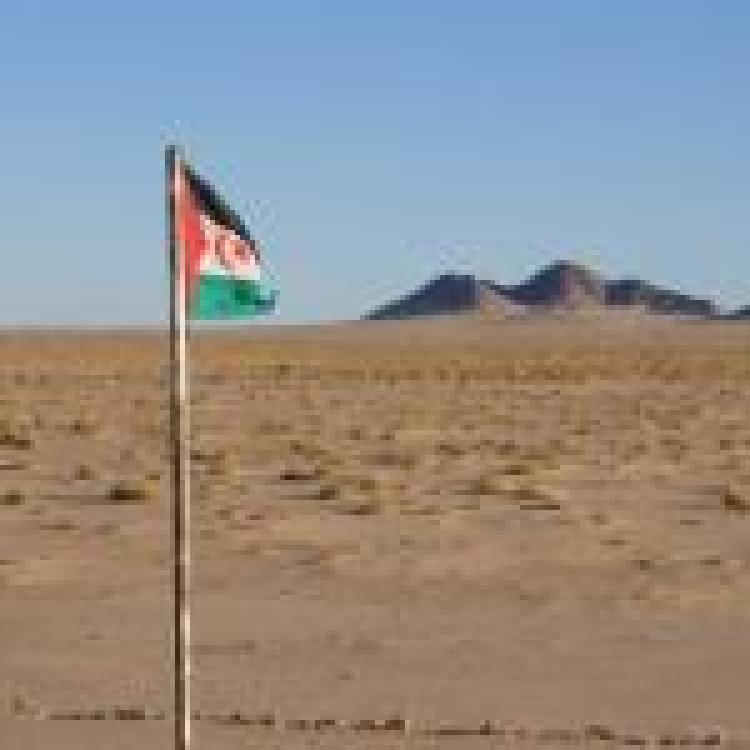_C.jpg)
As Israel spearheads a massively successful vaccination drive against the coronavirus, reports reveal that the Palestinian population residing in the occupied West Bank and Hamas-ruled Gaza strip is deliberately being left out of the programme by the Israeli government.
Israel has vaccinated over 10% of its 9 million population leading the entire globe in the fight against the Covid-19 pandemic. But, the coalition government of the right-wing Likud party and the centre-right Blue and White Party headed by Prime Minister Benjamin Netanyahu has prioritized inoculating Jewish Israelis over Palestinians who populate the occupied West Bank and Gaza Strip.
Even though batches of the Pfizer/BioNTech vaccine are being transported to the occupied West Bank, the authorities are reported to be inoculating only the Jewish settler community leaving the Palestinians in the lurch. A report in the Guardian said, "they (the vaccines) are only distributed to Jewish settlers, and not the roughly 2.7 million Palestinians living around them who may have to wait for weeks or months.”
The plight of the Palestinians is worsened by the fact that the Palestinian Authority (PA), which enjoys limited autonomy in the occupied areas, is not negotiating with the Israeli government regarding the distribution of vaccines. PA President Mahmoud Abbas cut off ties with Israel in early 2020 which continues to hamper coordination between the government and the Authority at a time of dire crisis.
Despite the severing of ties, however, the ultimate responsibility for the health and well-being of the Palestinian community might lie with the Israeli government. Gisha, a human rights activist told The Guardian that weak cooperation between the government and PA “does not absolve Israel from its ultimate responsibility toward Palestinians under occupation”.
The PA is seeking to obtain supplies of the vaccine through a World Health Organization (WHO) scheme called Covax, but it is suggested that vaccines through that programme might take until mid-2021 to be available for distribution. Meanwhile, Israeli officials suggest that they might provide Palestinians with ‘surplus vaccines’ that remain after they have vaccinated the country’s Jewish population.
The Israeli government may be contravening international law as this move overtly disfavours the rights of the occupied populations. A collective of human rights groups released a joint statement in December 2020 that said:
“Article 56 of the Fourth Geneva Convention specifically provides that an occupier has the duty of ensuring “the adoption and application of the prophylactic and preventive measures necessary to combat the spread of contagious diseases and epidemics”. This duty includes providing support for the purchase and distribution of vaccines to the Palestinian population under its control.”
It is worried that the government’s distribution of vaccines to its population on the basis of race and ethnicity might eventually lead to the resurgence of the Covid-19 pandemic in the country. As many Palestinians work in the occupied areas as well as in mainland Israel, the infection rates might soar in the future.
Read more from The Guardian.
Read the statement put out by the human rights collective here.




